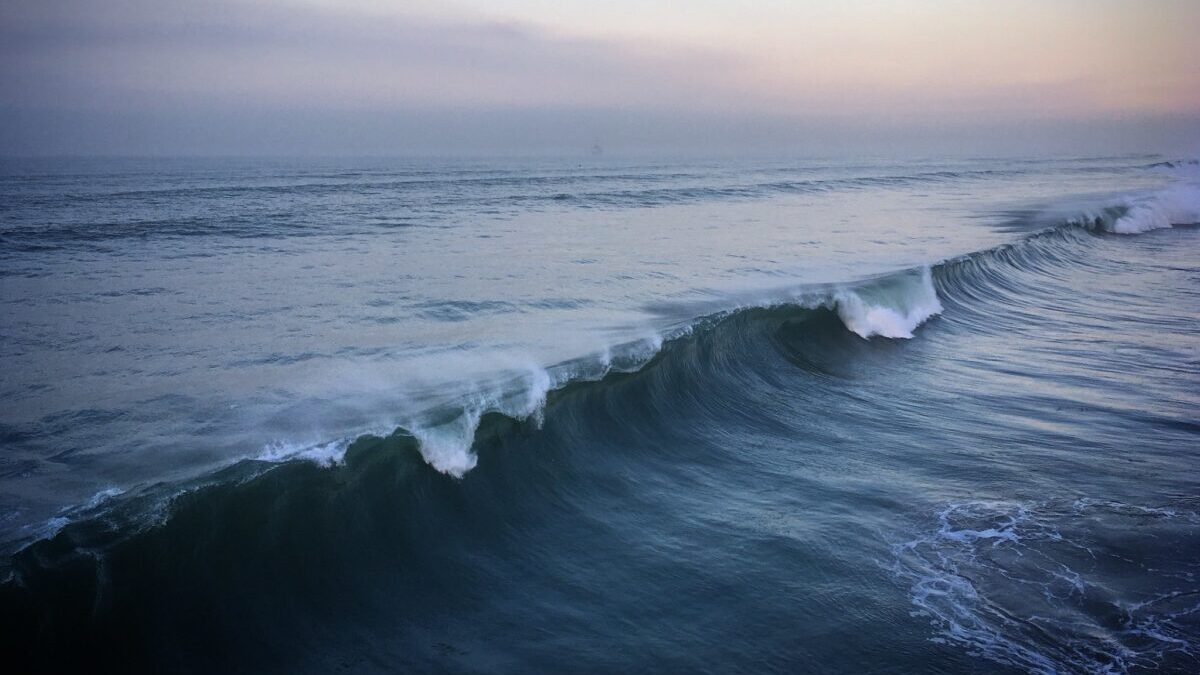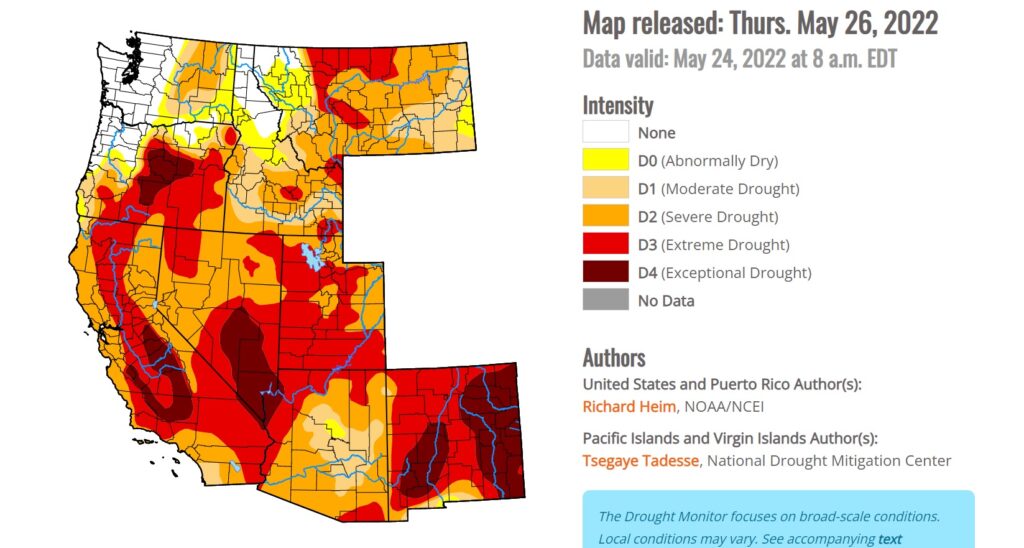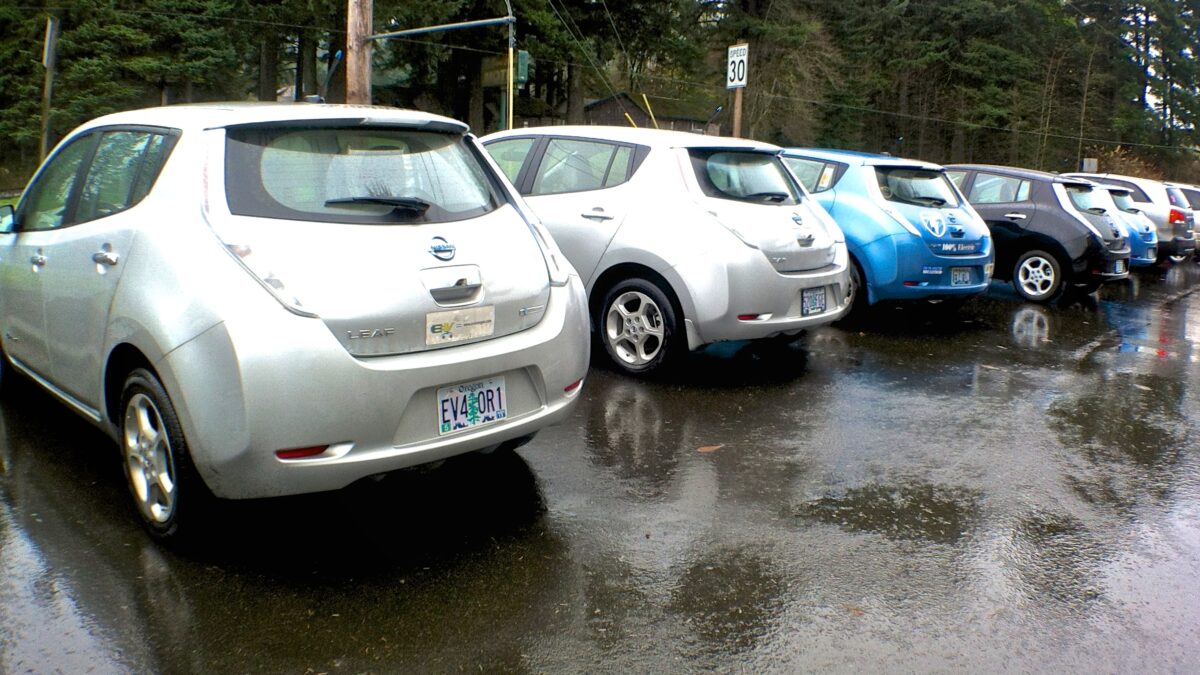
California residents were slapped with tighter water restrictions Tuesday two weeks after state officials spiked plans for a $1.4 billion saltwater desalination plant in Orange County amid a season of historic drought.
The State Water Resources Control Board unanimously voted to implement a statewide watering ban for ornamental lawns at businesses and commercial properties as residents brace for a prolonged drought, the driest drought of its length in 1,200 years. Local government will also be required to reduce water use by up to 20 percent.
“California is facing a drought crisis and every local water agency and Californian needs to step up on conservation efforts,” said California Gov. Gavin Newsom in a press release upon adoption of the new restrictions. “These conservation measures are increasingly important as we enter the summer months. I’m asking all Californians to step up, because every single drop counts.”
The latest map from the U.S. Drought Monitor updated Thursday shows the entire state under drought conditions. Reservoirs meanwhile remain depleted while snowpack is only at 8 percent of normal levels by this point in the year, according to state data.

Despite the dire drought conditions also placing an increasingly unreliable power grid in jeopardy of periodic blackouts, the California Coastal Commission rejected the latest proposal from a major water developer to construct a desalination plant in Huntington Beach. If built, the company behind the project, Poseidon Water, says the plant would make 50 million gallons of drinking water available to residents on a daily basis by next year. After a more than two-decade effort to appease public officials for a green light on construction, the state Coastal Commission unanimously turned it down based on routine concerns over risks to marine habitat and “environmental justice.” The commission argued the energy-intensive process of desalination presented too much of a coastal hazard while raising local water prices.
California, the most populated state with the fifth most coastline of any in the nation, has 12 desalination plants in operation as drought worsens across the western United States. Less than 8 percent of the western U.S. excluding Colorado and Wyoming are under normal water conditions, which are both entirely rated at minimum as “abnormally dry” by the National Drought Mitigation Center.









